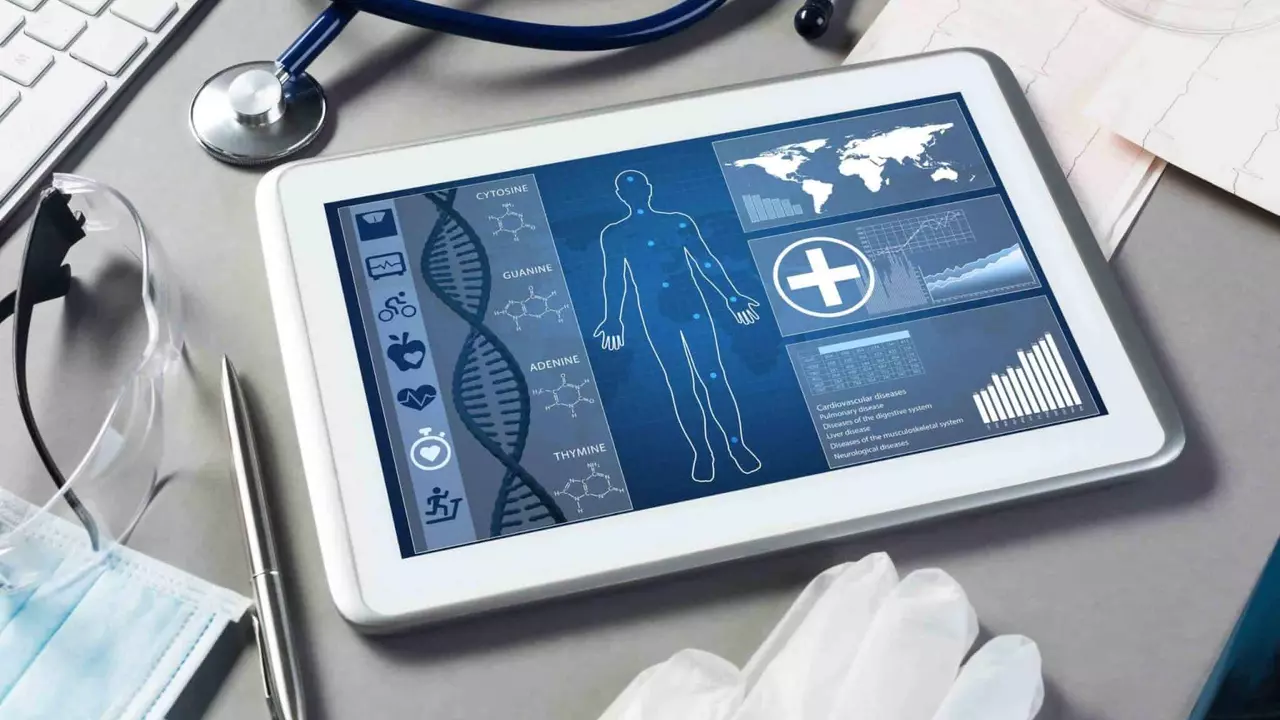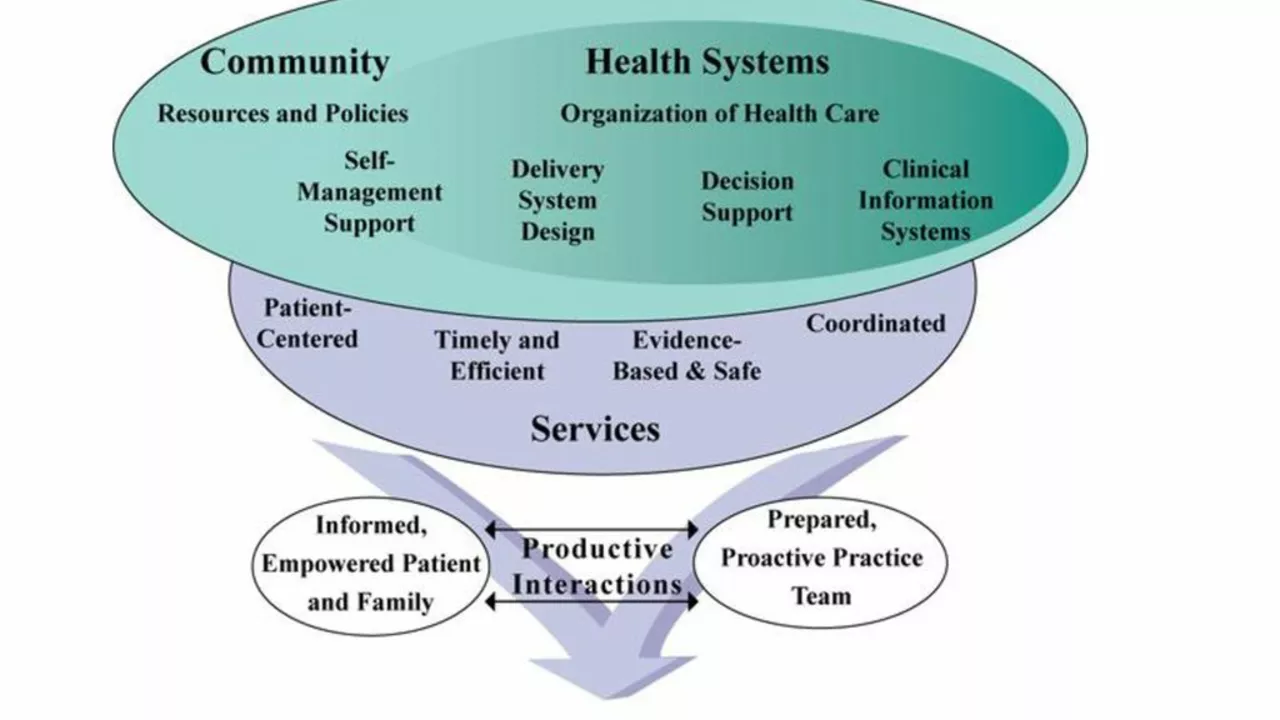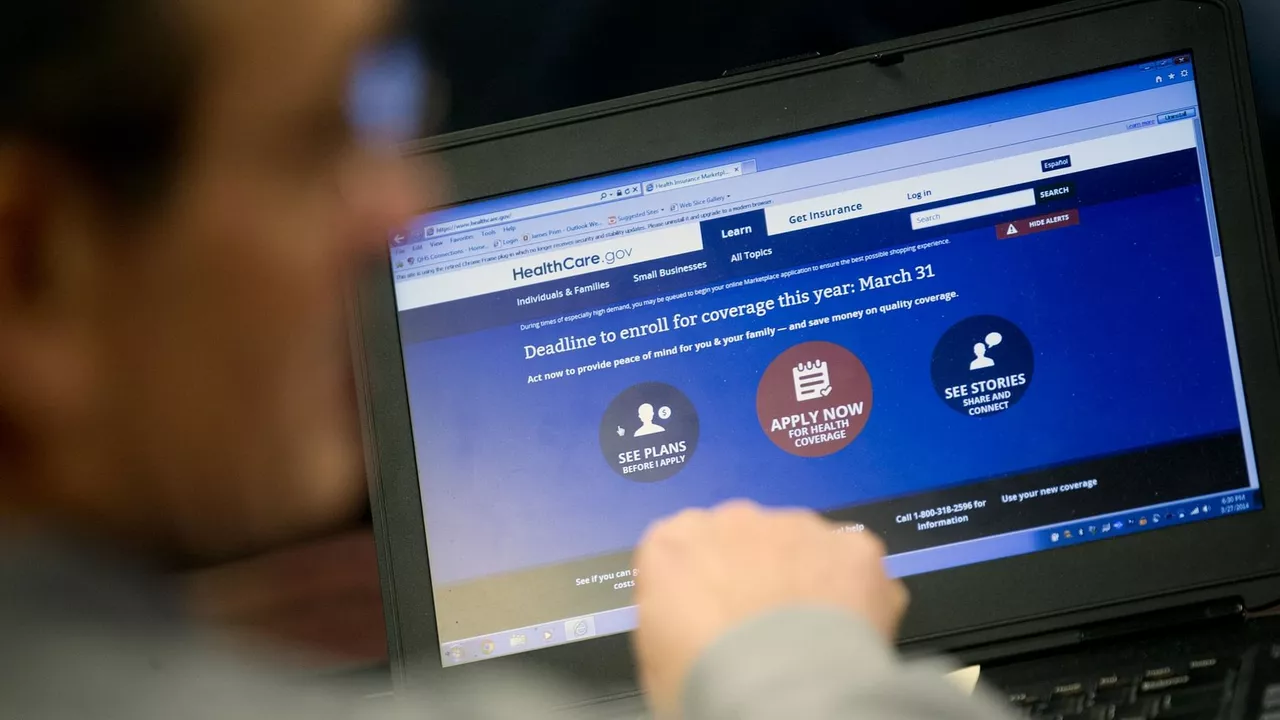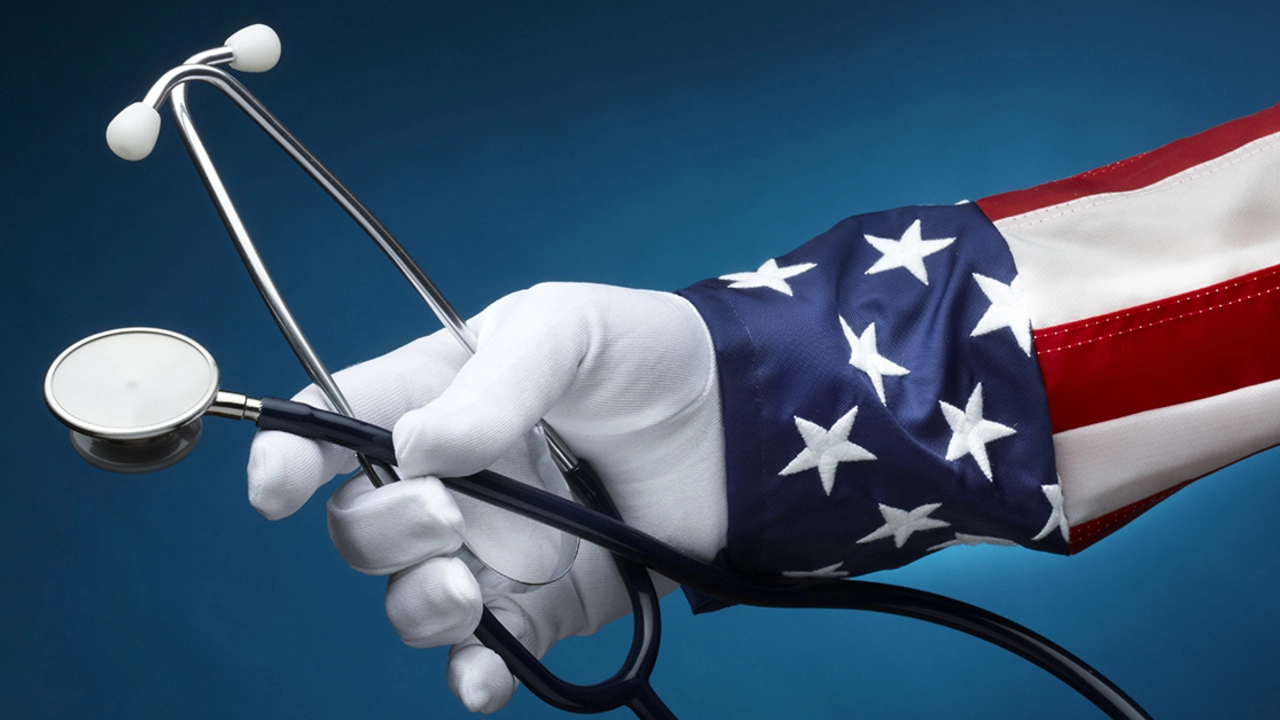What are the positive sides of the American healthcare system?
In this piece, I'll be exploring some less-mentioned perks of the American healthcare system that really deserve your attention. From world-renowned facilities to groundbreaking innovation, there's more to admire than you might think. I'm excited to shed some light on these positive aspects, and I hope this will provide a balanced view on the topic so we can discuss it more holistically. Come along with me on this exploration, and let's unpack the merits of the American healthcare system together.
The Future of Online Learning - How education is evolving in the digital age
In this blog, we delve into the future of online learning, discussing how education is evolving in the digital age with a touch of personal experience. We'll be examining up-and-coming trends and innovations that are setting to redefine the concept of learning. Education's digital revolution doesn't stop here, ladies and gentlemen! Let's embark on this exciting journey together, as we navigate through the fascinating changes of EdTech and how it promises a brighter future for learners worldwide.
What is the difference between health and primary care?
Hey there, health nuts! Let's dive into the thrilling world of health and primary care. Basically, 'health' is a broad concept, encompassing our physical, mental, and social well-being. It's like the big, colorful umbrella that covers everything from sprained ankles to emotional health. Now, 'primary care' on the other hand, is a specific part of this health umbrella. It's like your trusty, front-line soldier in the healthcare army, providing preventative, curative, and rehabilitative services for a wide range of health issues. So, to sum up, health is the grand, all-encompassing term, while primary care is one of the key players under that umbrella, making sure you stay fit as a fiddle. Now, who's ready for some jumping jacks?!
What web technologies are running healthcare.gov?
Hey folks, you won't believe the tech wizardry running behind healthcare.gov! It's like a bustling city of web technologies, each performing a special task. The big boss is Python, working with Django for the framework and PostgreSQL for the database magic. HTML5, CSS, JavaScript and JQuery are the artists painting the user interface, while Apache and Nginx keep the traffic flowing smoothly. So, next time you log in, remember, there's a tech party happening behind the scenes!
Should the United States guarantee Universal Health Care?
There's a heated debate on whether the United States should guarantee Universal Health Care. Many argue it is a fundamental right and could lead to healthier citizens, less medical bankruptcies, and a more equitable society. However, critics fear it could result in increased taxes, long wait times, and a potential decrease in the quality of care. Personally, I believe it's essential to weigh these arguments carefully. It's a complex issue that calls for thorough discussion and thoughtful consideration.
What are the most exciting startups in healthcare?
In my recent exploration of the healthcare industry, I've come across some truly innovative startups making waves. One that stands out is Grail, working on early cancer detection through blood tests, which could be groundbreaking. Another is Butterfly Network, who developed a handheld, pocket-sized ultrasound device that connects to your smartphone. Flatiron Health is also impressive, focusing on improving cancer treatment by organizing the world's real-world oncology data. It's an exciting time for healthcare, with these startups leading the charge towards a healthier future.
Why is universal health care a bad idea?
Universal health care may look appealing at first glance, but I believe it has its drawbacks. Implementing it could lead to longer wait times for treatments and appointments due to increased demand. There's also the issue of potentially decreased quality of care because of the need to stretch resources further. The cost of universal health care could be a significant burden on the economy, possibly leading to higher taxes. Lastly, it could discourage medical innovation due to lack of competition.
What role should governments play in ensuring public health?
Governments play a crucial role in maintaining public health by implementing policies and regulations to ensure a healthy population. They're responsible for providing health services, conducting health education and research, and ensuring access to quality healthcare for everyone. They also need to manage environmental risks and protect citizens from health emergencies. It's their duty to ensure that food and water supplies are safe, and they play a key role in disease prevention. In essence, the government's role in public health is to safeguard and improve the wellbeing of its citizens.
What are the best health tips for a 21-year-old?
As a 21-year-old, it's essential to prioritize our health to build a strong foundation for the rest of our lives. Some of the best health tips include maintaining a balanced diet, getting regular exercise, staying hydrated, prioritizing mental health, and getting enough sleep. By incorporating these healthy habits, we can ensure a better quality of life and prevent potential health issues in the future. Remember, it's never too early to start taking care of ourselves, and these simple tips can make all the difference. Let's embrace a healthier lifestyle together!
Which is better, private or public health care?
This article explores the pros and cons of private and public healthcare systems. Private healthcare systems offer more choice for the patient, but at a higher cost. Public healthcare systems provide universal, basic care for all citizens, but sometimes lack in quality of care. Both systems have their advantages and disadvantages, and it is important to weigh them carefully when making a decision. Ultimately, the choice of which system is better depends on the individual's needs, resources, and preferences.










 Health & Wellness
Health & Wellness